
As GLBTIQ folk we grow up and live under the burden of many damaging myths about ourselves, so it’s not surprising many of us grow up with a deep feeling of worthlessness.
Gay men are weak and effeminate. Or psychopathic pedophiles. Gay women are violent and hypermasculine.
No wonder our community labours to overcome higher levels of depression, substance abuse, rampant consumerism, self-harm and promiscuity than the general run of the population. Deep down, we are not a happy people.
Not because we’re gay, but because from an early age we have been subtly and not-so-subtly conditioned by messages that we’re not worth much.
Gay pride is our attempt to redress the balance, to help ourselves feel better about ourselves.
The problem is, it doesn’t seem to work very well for a lot of us. Despite decades of telling ourselves we are proud, lesbian and gay people are still more than twice as likely to drink too much or abuse drugs, more than twice as likely to suffer anxiety or depression, up to four times more likely to attempt suicide than our heterosexual counterparts.
That’s according to a review of studies done by the British National Institute of Mental Health (NIMH) — and it’s a pattern that repeats wherever similar research is carried out. Why? NIMH says, “Prejudice against homosexuality is unlike any other intolerance in that it can reach into families. Rejection by parents of their own children because of their sexual orientation is likely to have a severe emotional impact.”
Psychologist Alan Downs, in his book The Velvet Rage: Overcoming the Pain of Growing Up Gay in a Straight Man’s World, argues that the feelings of worthlessness thus created in childhood lead gay adults to search for unnatainable perfection.
“We have created a gay culture that is, in most senses, unlivable,” he says. “…that you have the beautiful body, that you have lots of money, that you have a beautiful boyfriend with whom you have wonderful, toe-curling sex every night … none of us have that. To try to achieve that really makes us miserable.
“The next phase of gay history, I believe, is for us to come to terms with creating a culture that is livable and comfortable.”
Therapist and addiction treatment specialist David Smallwood thinks “Gay pride is an adaption, a way of dealing with something we can’t deal with. We put on this TV picture and what we show is: ‘I’m proud to be gay.’ Underneath that, we might be dying inside.”
If these gentlemen are right — and I reckon they are — then what we’ll be celebrating with our over-indulgence, our narcissism, our promiscuity and our rampant consumerism at Sydney’s Gay and Lesbian Mardi Gras is not a culture, but a pathology. We ought instead to be looking at the root causes of this ’culture’, and dealing with them.
And start building a true culture we can really take pride in.


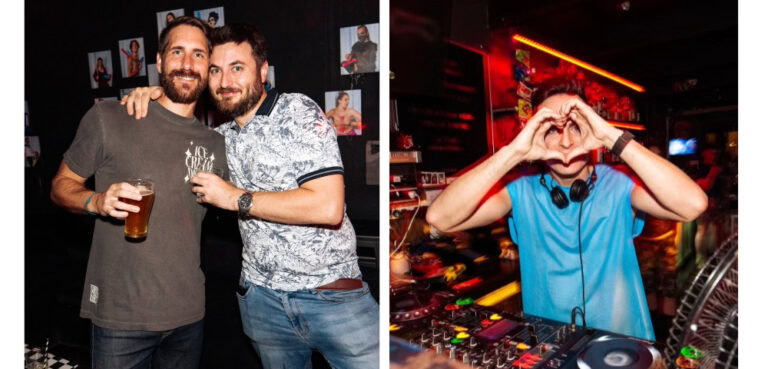


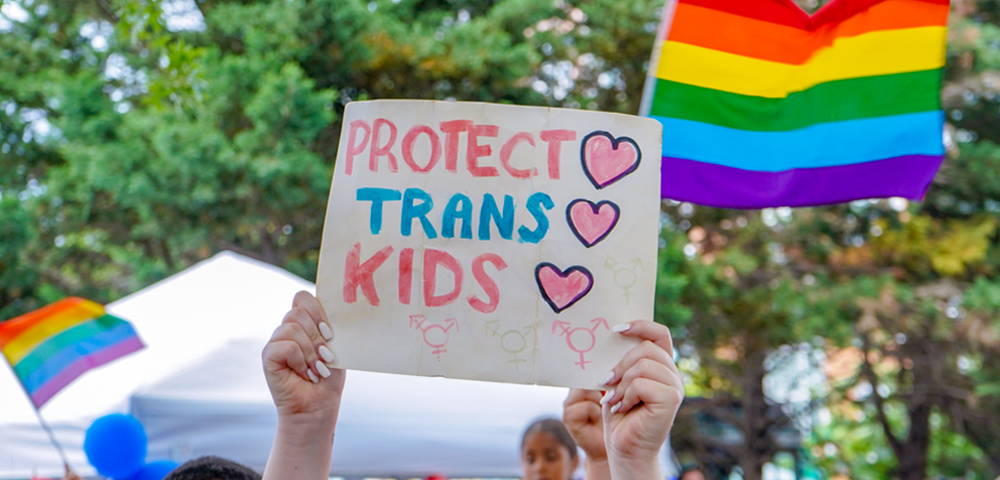

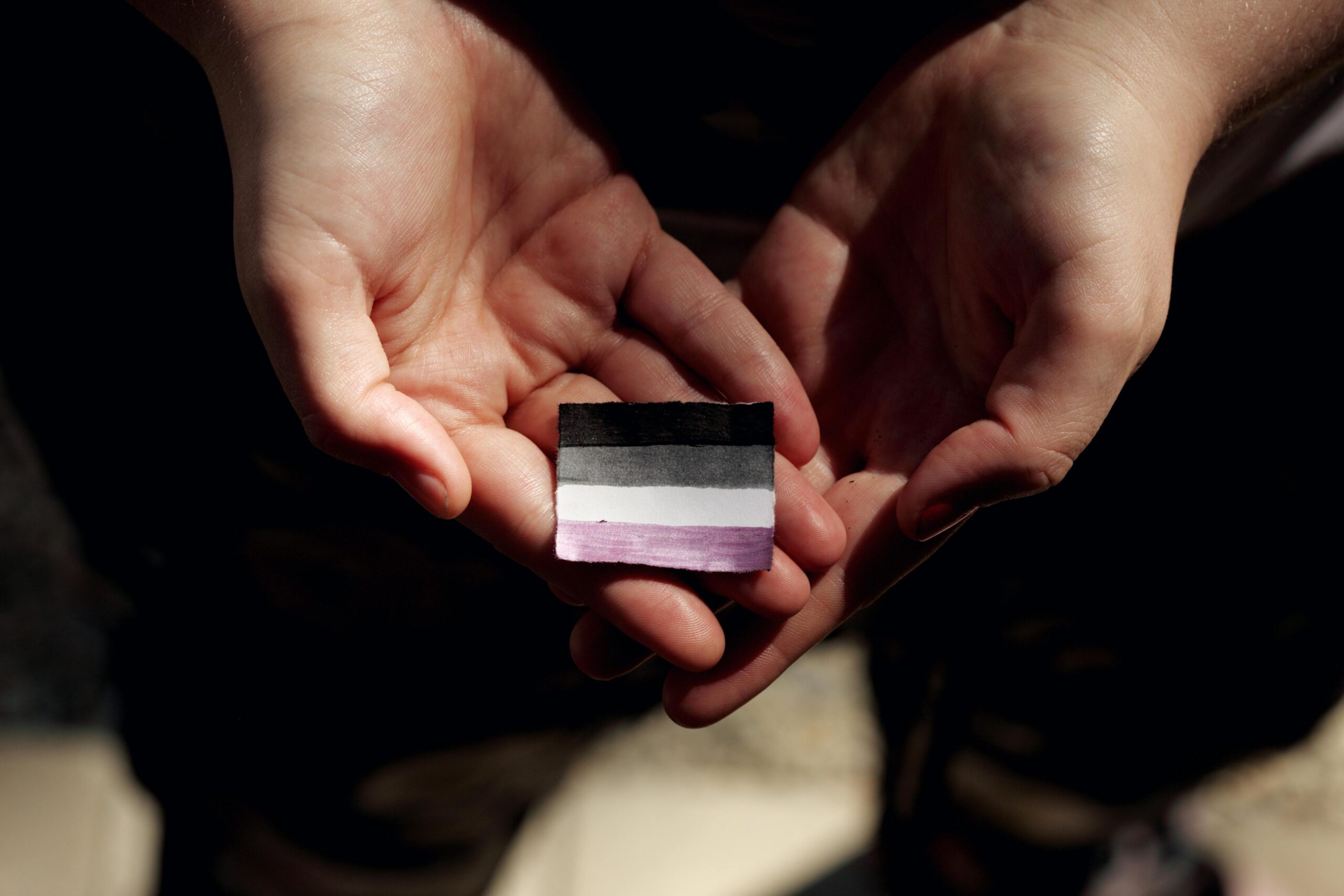
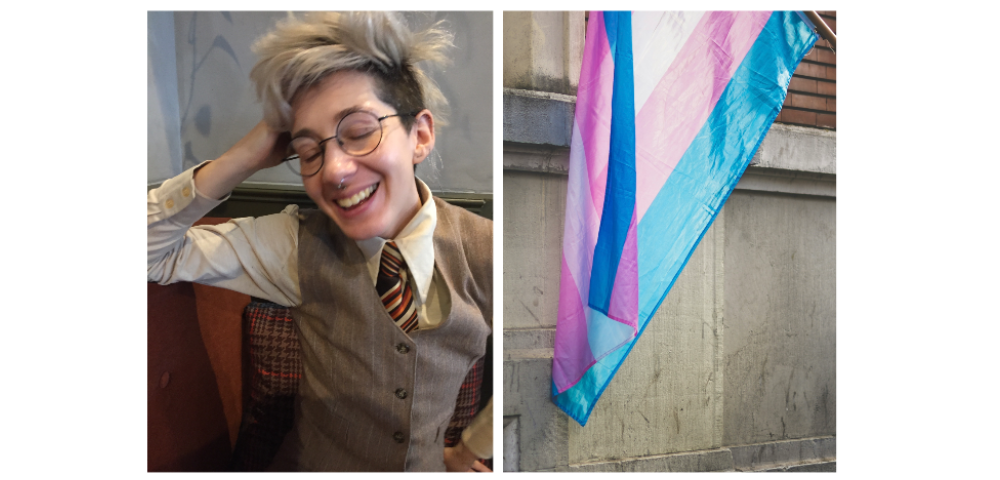
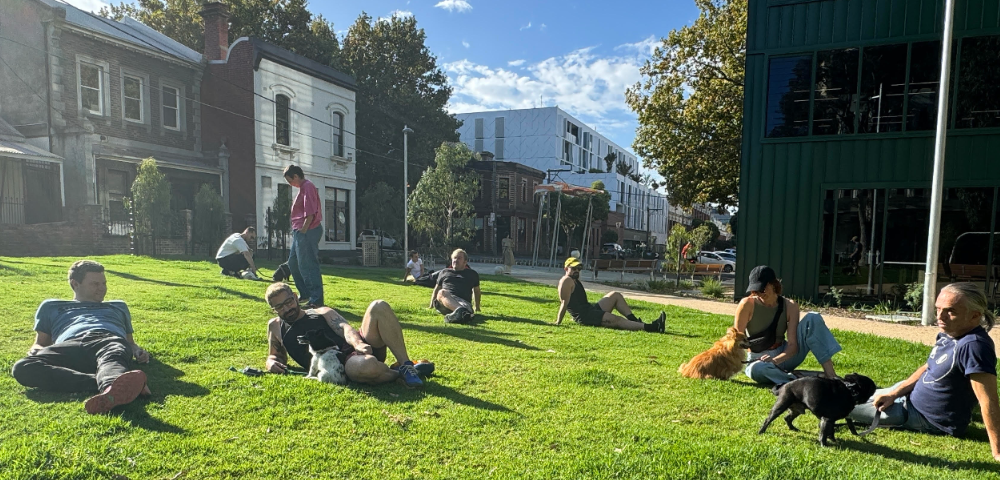
As a gay male who is white, affluent and whose first (and only) language is English and who lives in a first world country, I am better off than millions of heterosexuals across the world who are not so privileged – including many who also live in Australia.
I’m not pathologically gay, and neither am I dying inside or trying to achieve an ideal that can’t be reached. After years of oppressing my sexuality thanks to a Pentecostal upbringing, I am happy and proud – and not filled with the self-loathing that I felt as a teenager.
Kenton, I agree; this professor is just too grim – and neither do I think Mardi Gras is a celebration of over-indulgent narcissism and promiscuity – for goodness sake, turn on the TV or just step out onto a city street to see how self-indulgent narcissistic and ‘immoral’ mainstream heterosexual culture is! I’m not saying there aren’t problems within gay culture, and body image issues are part of that, but no more than in contemporary society. What a horribly and disappointingly pessimistic view on gay culture. If that were really the case, none of us would grow old and remain gay – it’s obviously not sitting lightly on Doug’s shoulders…
One man’s pathology is another’s liberation. The labels you use … “indulgence, narcissism, promiscuity, rampant consumerism” are a celebration of our humanity.
Further, we are not the only ones who partake in this lifestyle. It’s not a symptom of being gay or lesbian, it’s the boon of affluence. To ascribe negative connotation to this behavior is little more than internalized homophobia.
Now excuse me while I light a few scented candles, paint on a face pack, slip into a bath of bubbles, nibble on in a slice of dark Belgium chocolate, nurse a glass of vintage red and plan my next erotic adventure.
Kaye Sera
xxx
No Doug, It’s not “Deep down, we are not a happy people.” It’s “Where we are not happy people, a lot of it can be accredited to the negativity we were raised in about ourselves and our identities. I’m not surprised this study is British – the negativity towards same-sex attraction there is endemic and most of us have met the sad results. as someone who has run a lot of training for LGBTIQ folk in internalised oppression I can say that the pleasant surprise is how resilient and loving we turn out to be as our natural inclination for happiness takes hold in our loves. we remains same-sex attracted DESPITE the attempted brain-washing. It’s in the very nature of internalised oppression that, if we don’t look at it and deal with it, the bits we don’t like about ourselves we put down in others. Of course this means there are some icky bits in our culture. But there are far more things to be proud of. Professor downs is just a tad too grim for my tastes. perhaps he should come down under and enjoy some of our better bits?